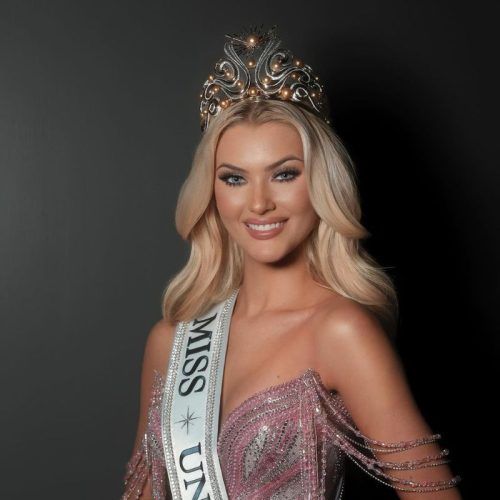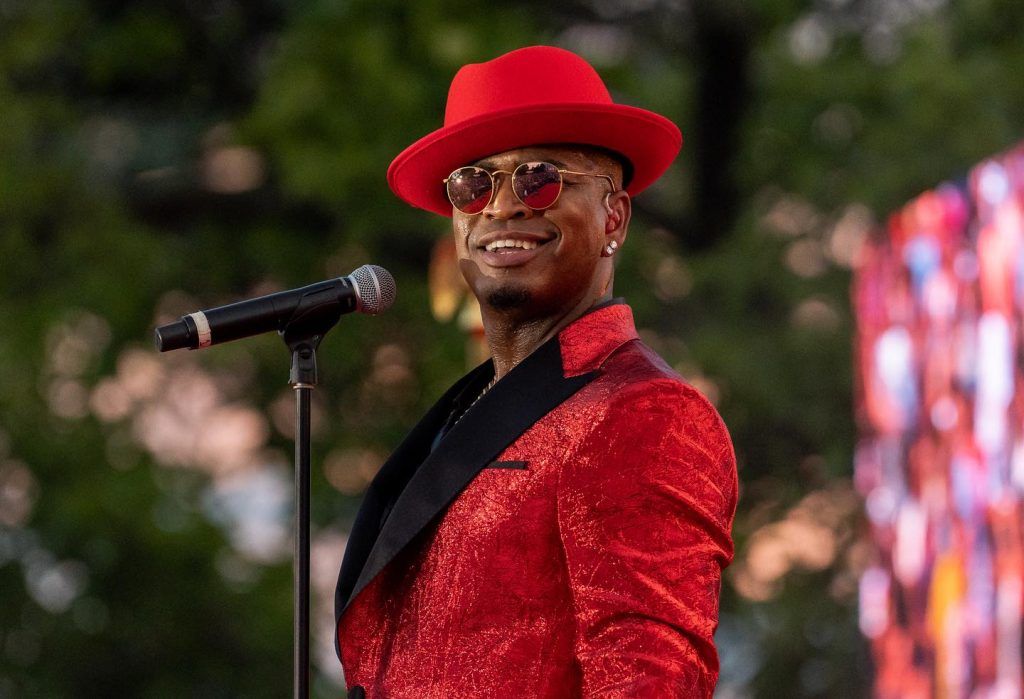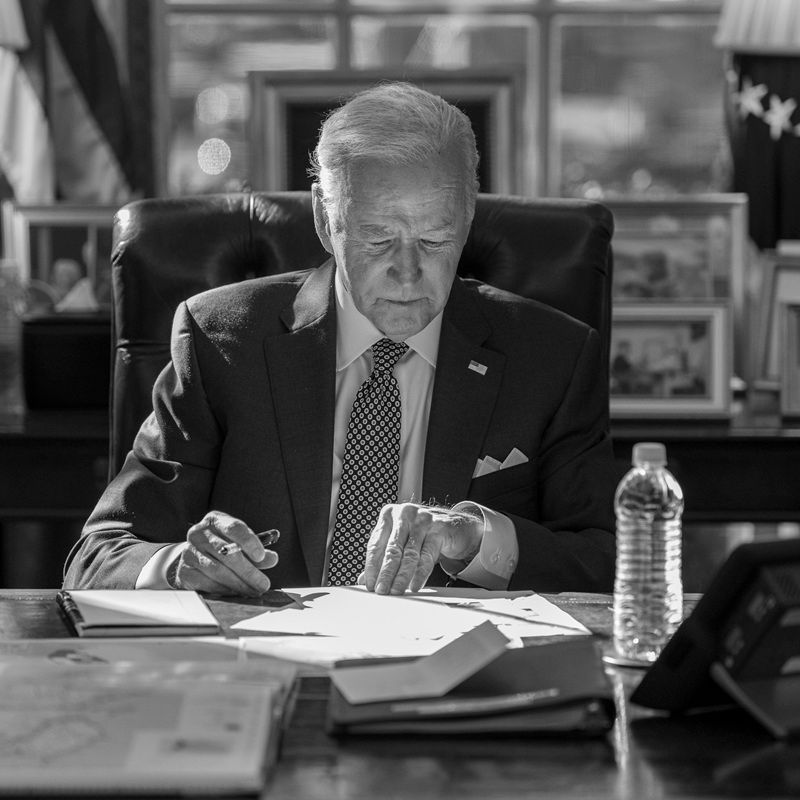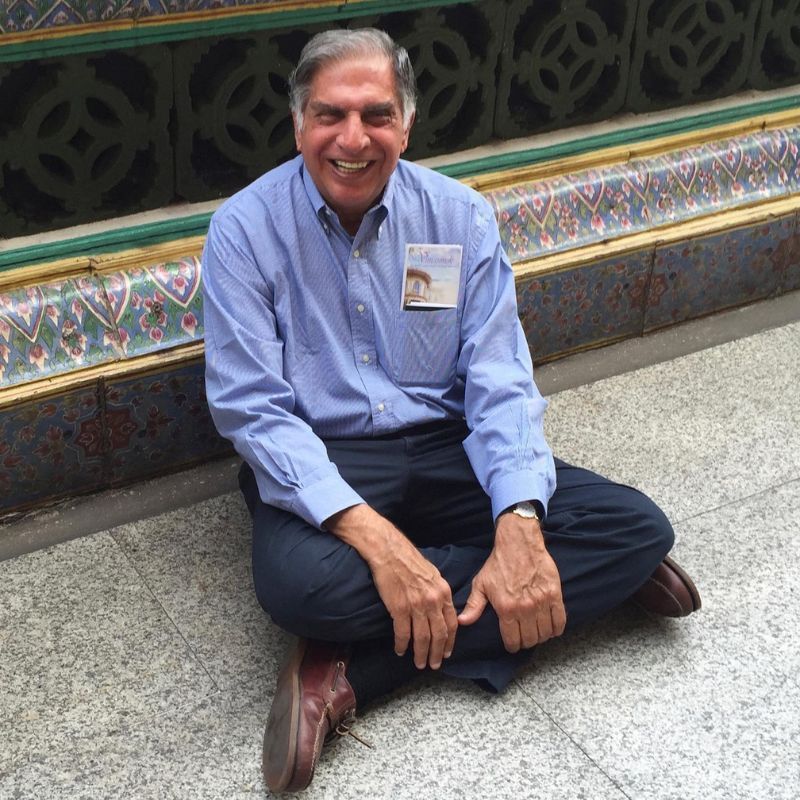Lifestyle Asia Thailand proudly announces Chararat ‘Macky’ Saraaporn as one of the 50 ICONS in the art & culture category.
50 ICONS Award, Art & Culture category, Chararat ‘Macky’ Saraaporn

If you’ve seen the character Charlotte, who embodies the sea with her short wavy hair and striking blue eyes, you’ve glimpsed another facet of Macky, one of Thailand’s trendiest artists. Macky produced this character to express a side of herself that may not shine as brightly as others perceive. While Charlotte may lack a conventional cute smile, she powerfully represents the story of humanity. Human emotions are intricate, mysterious, and often difficult to comprehend—even for ourselves. In this way, Charlotte becomes a symbol of these complex feelings, inviting us to explore the depths of our own emotions.
Follow for Macky’s work and progress at @mackcha.art.











